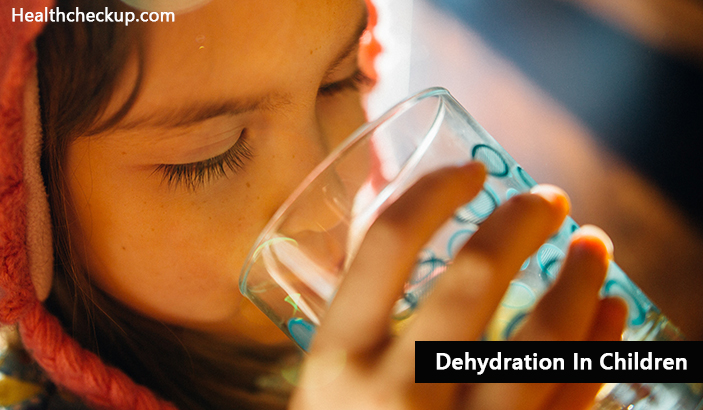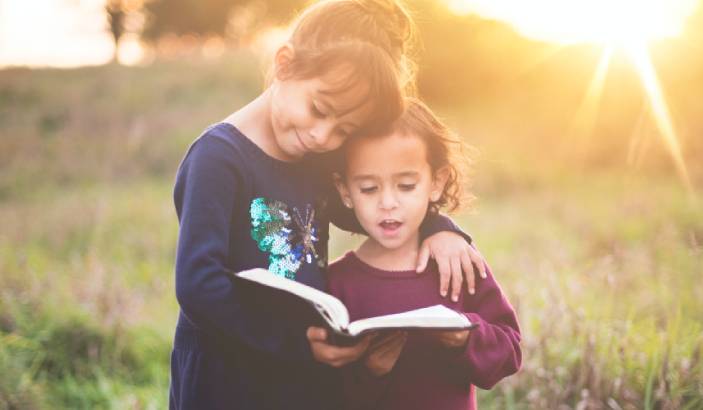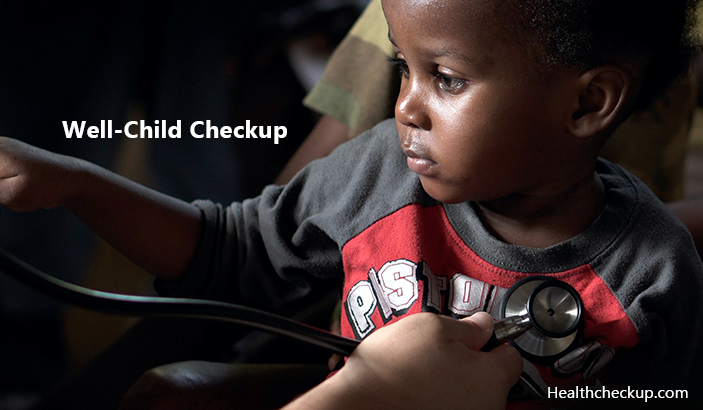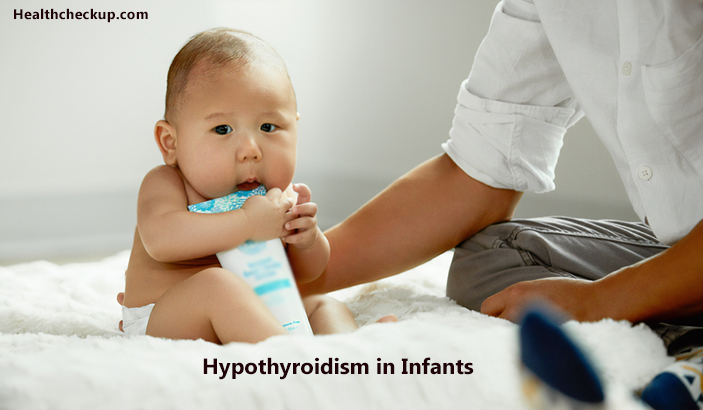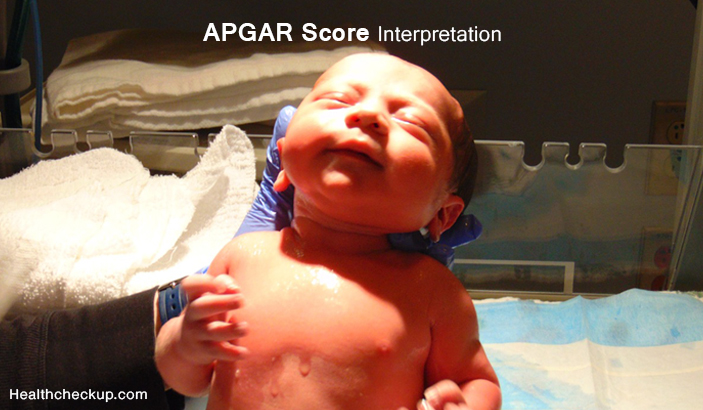What Is Dehydration?
Dehydration refers to a condition that occurs when the body loses too much water or fluids.
It happens when water loss is more than the water intake, and the body does not have enough fluids to function properly.
Anyone can become dehydrated, but the condition is especially dangerous for small children, older adults, and people with chronic illnesses. Dehydration is a major cause of morbidity and mortality in children worldwide. Pediatric dehydration is most often the result of increased water loss because of gastroenteritis, characterized by vomiting, diarrhea, or both. Dehydration in children can be mild, moderate, or severe depending on the amount of water loss from the body.
Mild to moderate dehydration can be reversed by drinking more fluids, but severe cases need immediate medical attention.
[Also Read: Can dehydration cause fever]
Signs Of Dehydration In Children
Parents must watch for signs and symptoms of dehydration in children that include;
- Dry, cracked lips or sticky mouth
- Decreased or no urine output for eight hours
- Dark-colored urine
- Cool or dry skin
- Sunken eyes
- Sunken soft spot on top of the head (for babies)
- Drowsiness
- Low energy levels
- Few or no tears when crying
- Extreme fussiness
Causes Of Dehydration In Children
Dehydration in children is usually caused by;
- Excessive fluid loss because of vomiting and/or diarrhea
- Reduced fluid intake during an illness or when a small baby has trouble breastfeeding
- Sweating a lot because of hot weather
- An intense physical activity
- Using medications such as diuretics
- Fever
- Severe acute malnutrition
Babies and small children have an increased risk of dehydration because;
- Babies and small children have more water content in their bodies than adults
- Children have a higher rate of metabolism that uses more water from their bodies
- The kidneys in children do not conserve water as much as the adults
- A child’s immune system is not fully developed to help fight infections, increasing the risk of illness that causes vomiting and diarrhea
- Children drink or eat less when they are sick
Effects Of Dehydration In Children
The effects of dehydration on children can range from bad breath to dangerous heat stroke. More serious cases of dehydration can even lead to death. The obvious signs of dehydration are dry mouth and increased thirst. Others could be fatigue, headache, and dizziness. Dehydration can also affect mood and concentration.
How To Treat Dehydration In Children?
It is important to watch for any early signs of dehydration in children so that parents can respond quickly. The treatment aims at replacing fluids and restoring body fluids to normal levels.
- Children with mild dehydration from lots of activity will most likely be thirsty and should drink more water. Plain water is the best and they should rest in a cool and shaded place.
- Rehydration – Rehydration refers to replacing lost fluids to the body. Children with mild-to-moderate dehydration because of diarrhea can have their lost fluids restored quickly at home. Rehydration involves drinking ‘ORS’ solution, which is the special combination of water, sugars, and salts over the course of 3 to 4 hours.
- Older children can be given sports drinks, but oral rehydration is the best for infants and young children.
- Children who are vomiting can also be rehydrated with small frequent sips in between the vomiting episodes.
- For infants, breastfeeding must be continued unless vomiting repeatedly. ORS can be given in between feedings. Formula feeds must be avoided for formula-fed babies during dehydration and can restart when the babies are rehydrated and are not showing signs of dehydration.
- If dehydration does not improve on giving ORS in severe diarrhea or vomiting, children may need intravenous (IV) fluids in the hospital.
- If there is no improvement with rehydration at home and dehydration is getting worse, children must be taken to nearby emergency care.
Can Dehydration Be Prevented In Children?
Yes, dehydration can be prevented in children. A few tips include;
- Make sure your children get plenty of fluids when they are unwell or physically active
- If the child is suffering from a sore throat, dehydration might happen because they cannot drink and eat properly. Children can be given medication to ease the pain and cold drinks or popsicles to soothe the burning throat and give fluids.
- Using medication to control fever if the child is uncomfortable and not getting enough fluids
- Encourage kids to drink water frequently during hot weather
- Encourage children who play sports or those who are very active physically to drink more fluids beforehand and regularly during the activity. Sports must be held early morning or late afternoon to avoid the heat during the day. And lightweight, light-colored clothing; and ventilated shorts and t-shirts to let dissipate heat are suggested.
- Encourage children to drink water before they feel thirsty and after the thirst is quenched.
- If the child has mild gastroenteritis but is not dehydrated, excessive fluids must be given to replace the fluids lost from diarrhea or vomiting. Infants must be breastfed or given regular-strength formula, and older kids must continue drinking full-strength milk and other fluids.
- If the child is vomiting but is not dehydrated, small amounts of fluids must be given frequently
When To See A Doctor
Babies and young children are at a greater risk for dehydration.
See a doctor if;
- The child is under six months of age or has a chronic illness and feels the child is dehydrated.
- The child shows any of the signs and symptoms of severe dehydration or you are concerned for any reason
- The child is unwell and may need medical attention to help replace lost fluids.
Dehydration in children is a common condition that can be managed at home through oral rehydration.

Vasavi Attada specializes in creating content for Medical/healthcare domain. She has written articles for Indian Health Organization (IHO), American Diabetes Association, and for magazines such as India Today and Dignity Dialogue.
Vasavi Attada holds a Master’s degree in Microbiology from Bangalore University.


